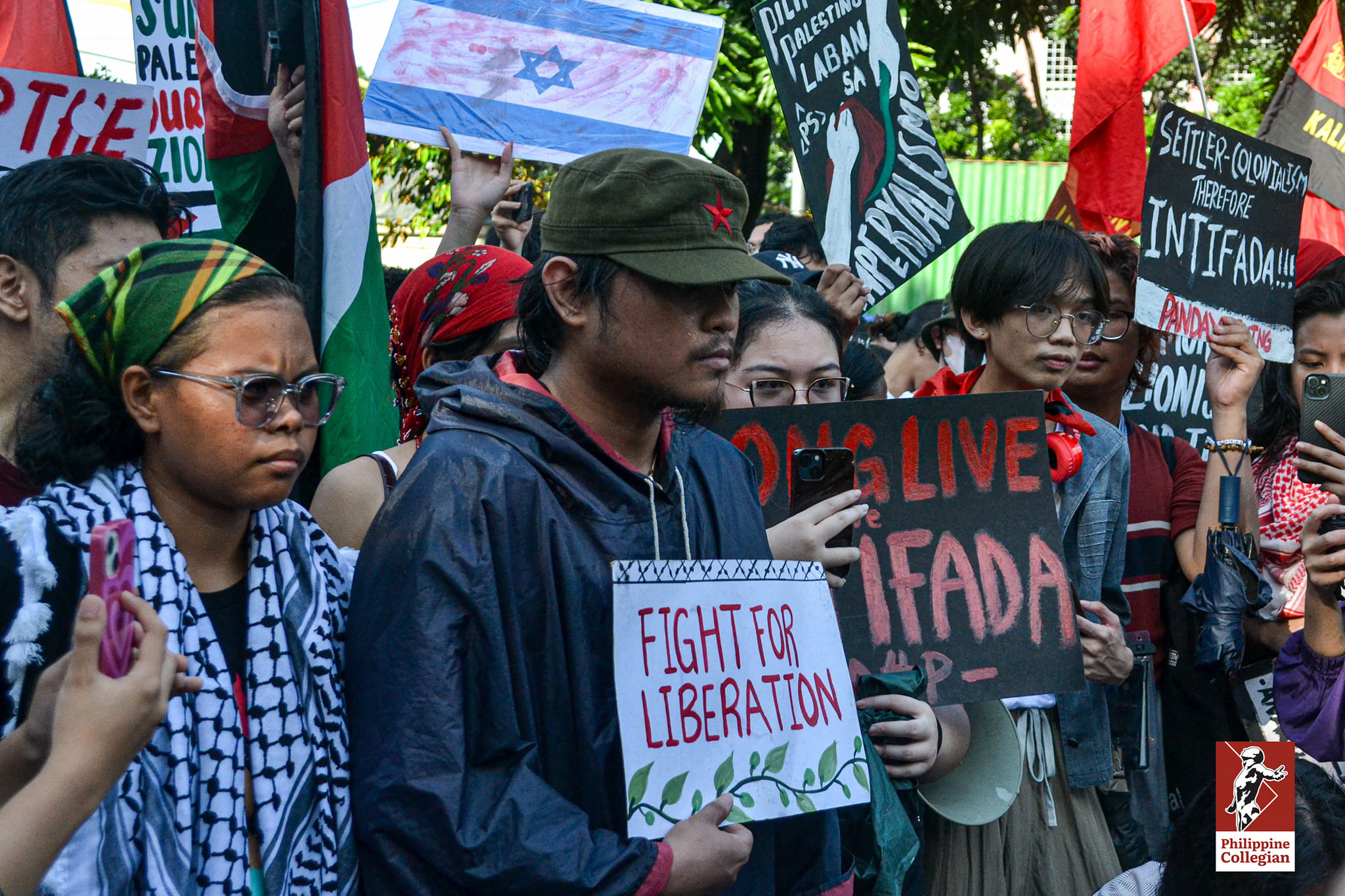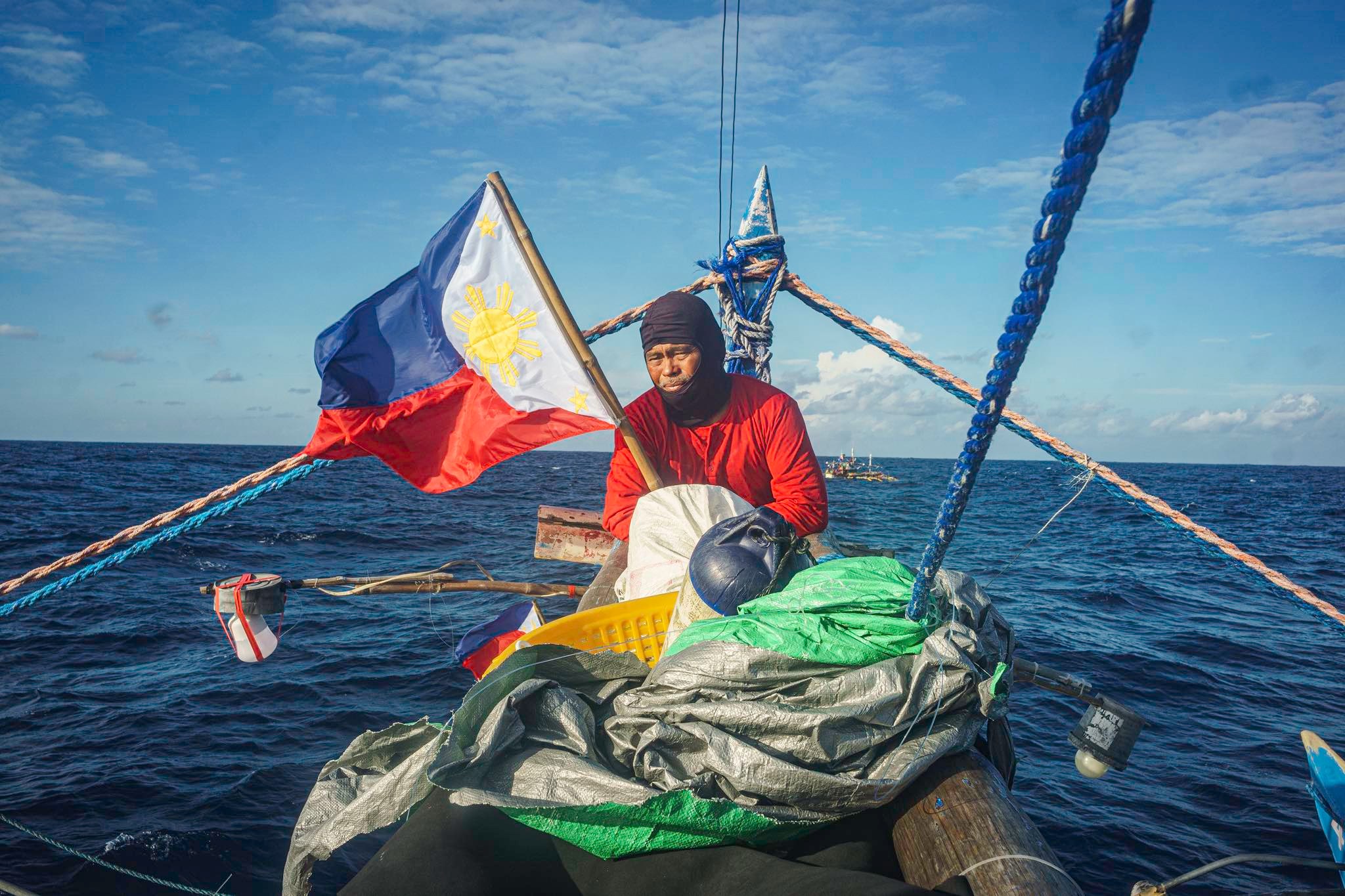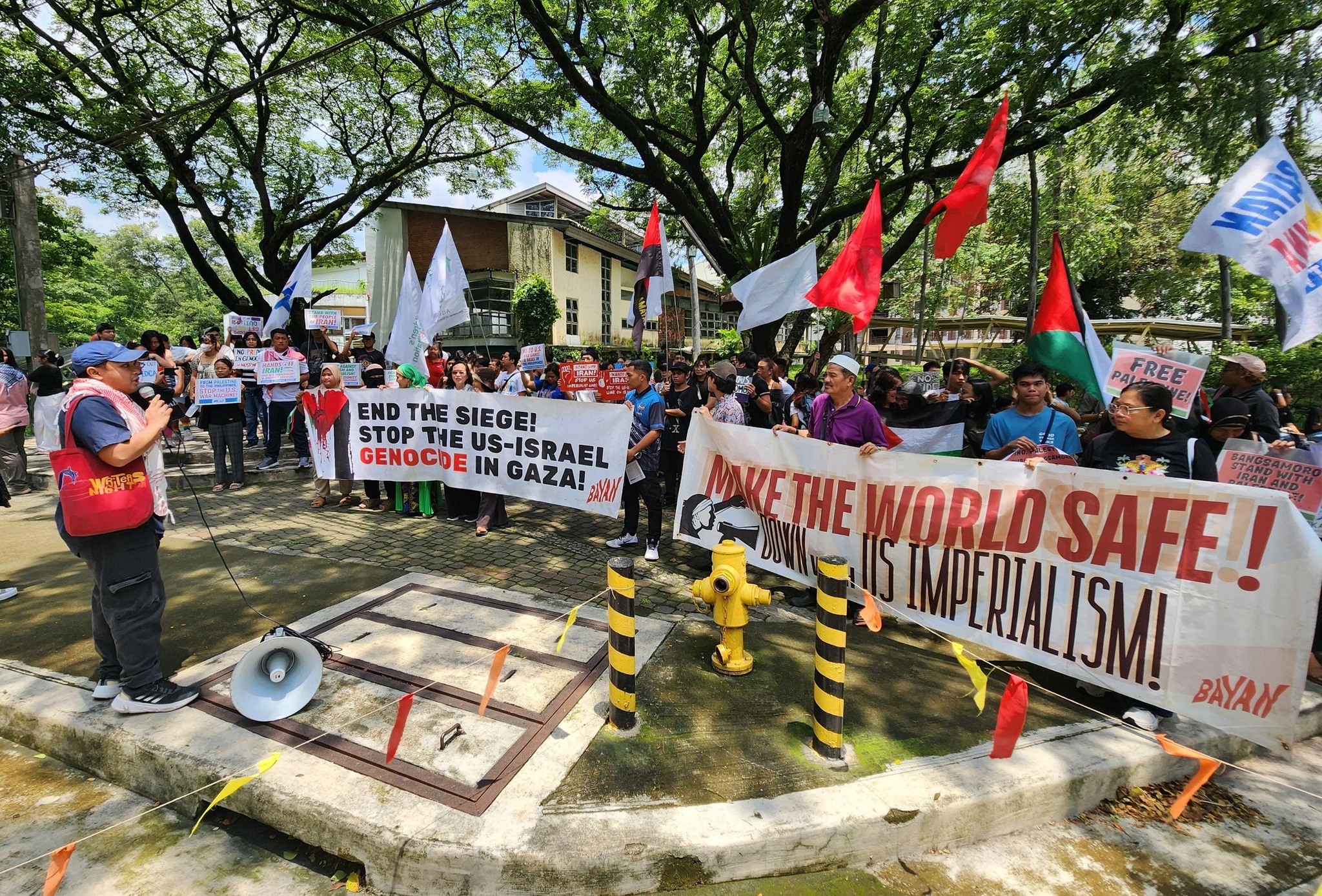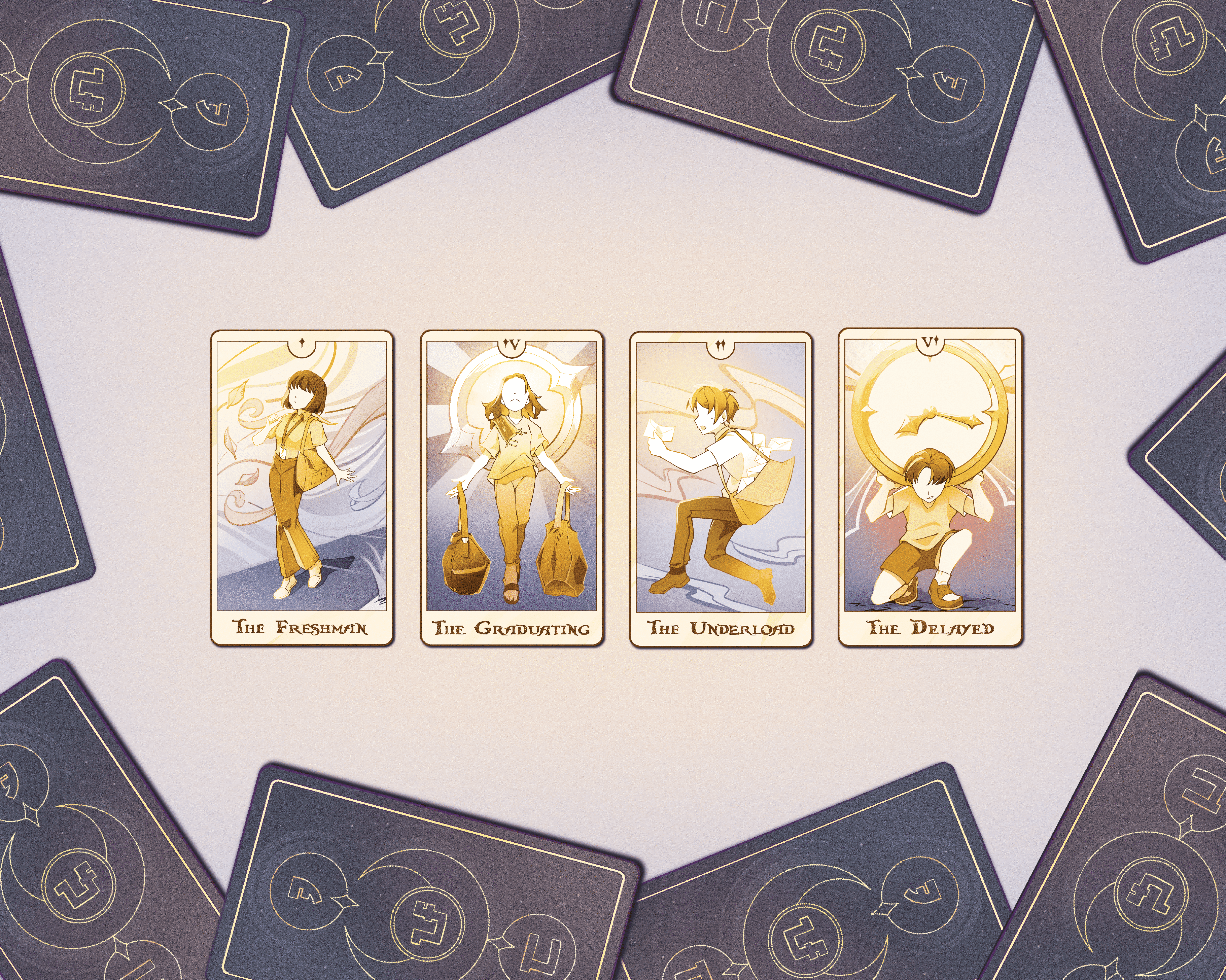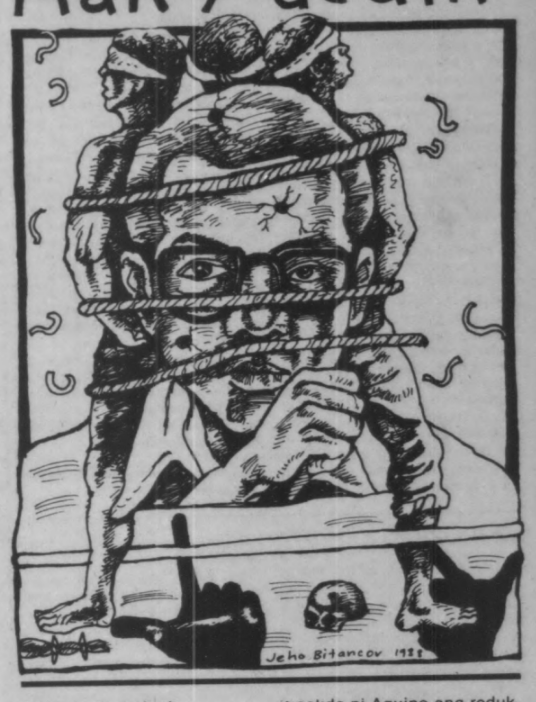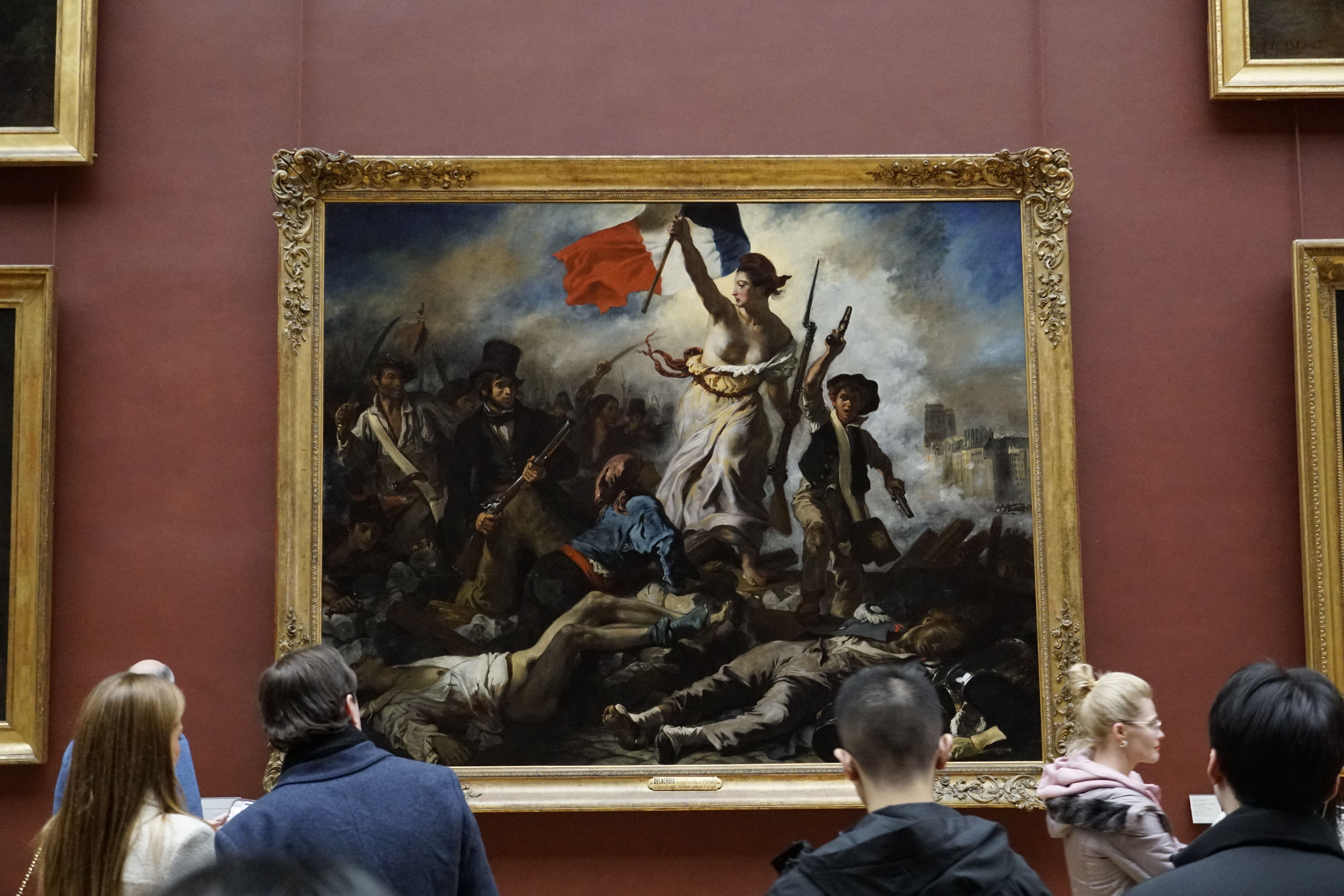Even after days of rain, the university’s new graduates still step out into an earth scorched by the heat of a brewing global conflict.
A ceasefire was inked June 25 between Iran and Israel after their 12-day war. But Israel’s escalation of their decadeslong proxy war into a direct airstrike in itself indicates aggravated tensions in the Middle East. These agitations compound with several other wars worsened by interventions from global superpowers.
A world in turmoil is upon us. While treading through such havoc is daunting, and resigning to comfort has never been more appealing, our graduates must still enter such chaos to employ the teachings of the alma mater. Just as the university bestows upon its graduates diplomas, so too does it bestow upon them a mandate to serve—to side not with those who subjugate but with those who are subjugated.
It is a mandate all the more crucial amid global superpowers crossing borders to exert dominion over other states, utilizing the expertise of technocrats and bureaucrats with the objective of furthering their own interests. It is one especially true for UP, an institution with students regarded as some of the brightest and alumni endowed with positions of authority.
In war, capital does not only come as money, but also knowledge. It is with that principle in mind that the world’s largest defense agencies heavily invest in research and development. Through grants and aids, the US, for one, funds studies that can lend to the development of their weapons. That US-backed Israel targeted Iranian nuclear development sites and scientists—even without evidence of a near-complete nuclear weapon—demonstrated a hypocritical fear that Iran would wield science to reciprocate atrocities that the US is all too happy to commit.
The development of its warfare strategies is what similarly drives the US to form alliances and partnerships with countries, the Philippines included. It is through these connections that the Western power gains access to other states’ resources and locations. After all, Washington does not interfere without a promise of return.
The US has been attempting to play saint through diplomatic action, supposedly mediating the ceasefires between Hamas and Israel in January and Iran and Israel in June. But Iran’s nuclear program, which Israel criticized, was originally established with the help of the US. The creation of the Zionist state that displaced and persecuted Palestinians was championed by the US, UK, and other allies.
Now, the US is eyeing our alliance again, so it may use the Philippines as a proxy in its feud with China. It is strengthening our military ties and expanding Enhanced Defense Cooperation Agreement sites across the country under the guise of supporting our claim over the West Philippine Sea. Meanwhile, it dismisses the possibility of aggravating the dispute further and endangering our local fisherfolk.
The US can try to disguise its interventionism as aid to peoples it trapped in disputes. It can fortify its war rooms with only the most capable individuals to craft bombs, set targets, and launch attacks that will ensure total devastation.
But it cannot fool the graduates of this university—those who inherit UP’s history of active resistance and solidarity with the oppressed. It is a duty that the students exercised across many major conflicts the Philippines was borne witness to, including the US-perpetrated Vietnam War and the US-funded counterinsurgency efforts in the country.
With this mandate bestowed upon them, the students about to enter the workforce must thus stand in solidarity with the oppressed peoples in Palestine and other nations. After all, apathy is complicity in a world aflame.
Solidarity can come as joining protests, participating in boycotts, or simply recognizing the warmongering states driving global strife. In a world where knowledge is weaponized in warfare, even utilizing one’s expertise as it is intended—as service for the people—is resistance in itself.
It is through resistance that graduates can navigate a world in turmoil. When they realize their mandate to stand with the people on the margins, they can at least step out into the chaos a little less uncertain. ●
First published in the July 5, 2025 print issue of the Collegian.
